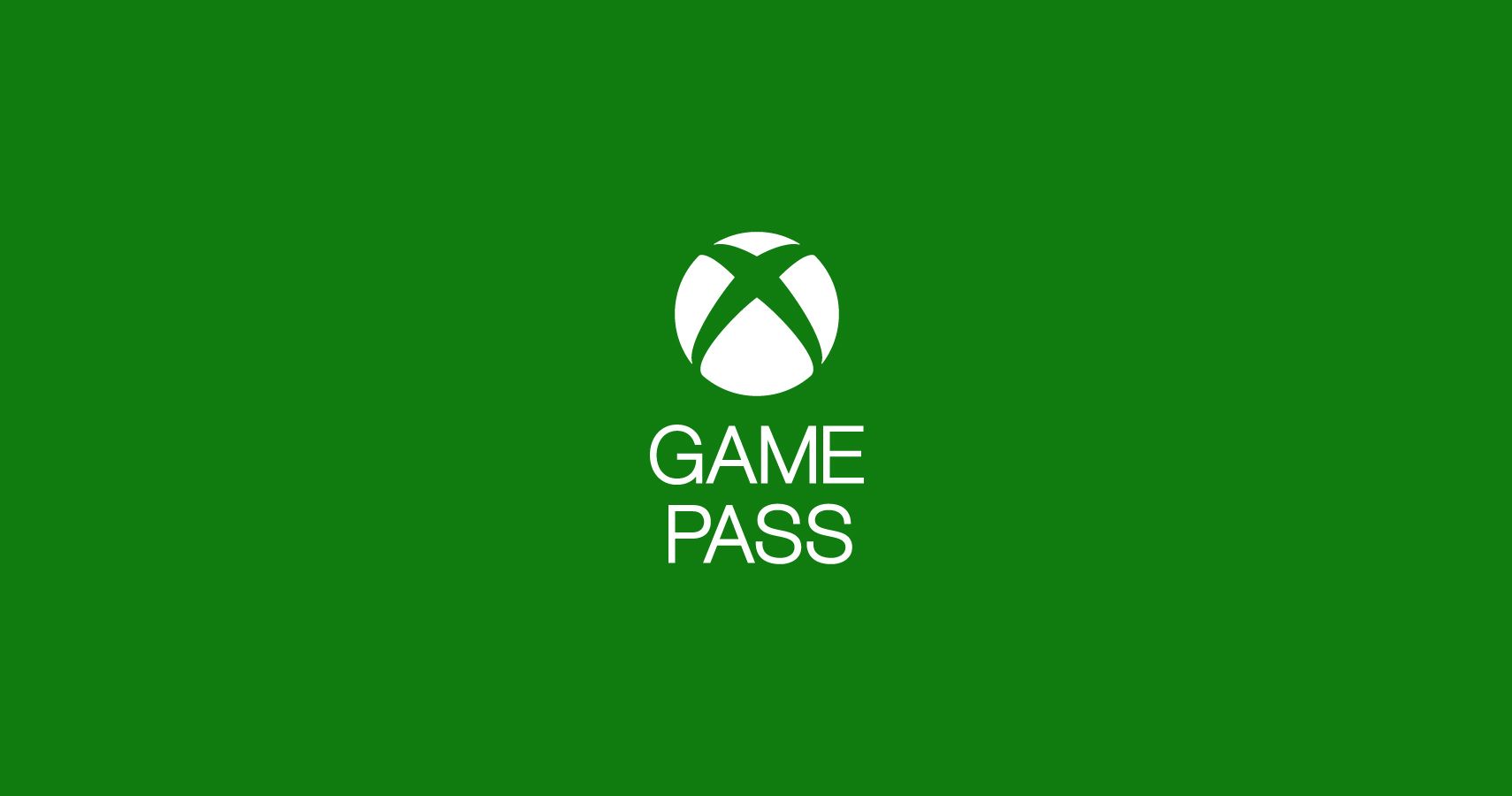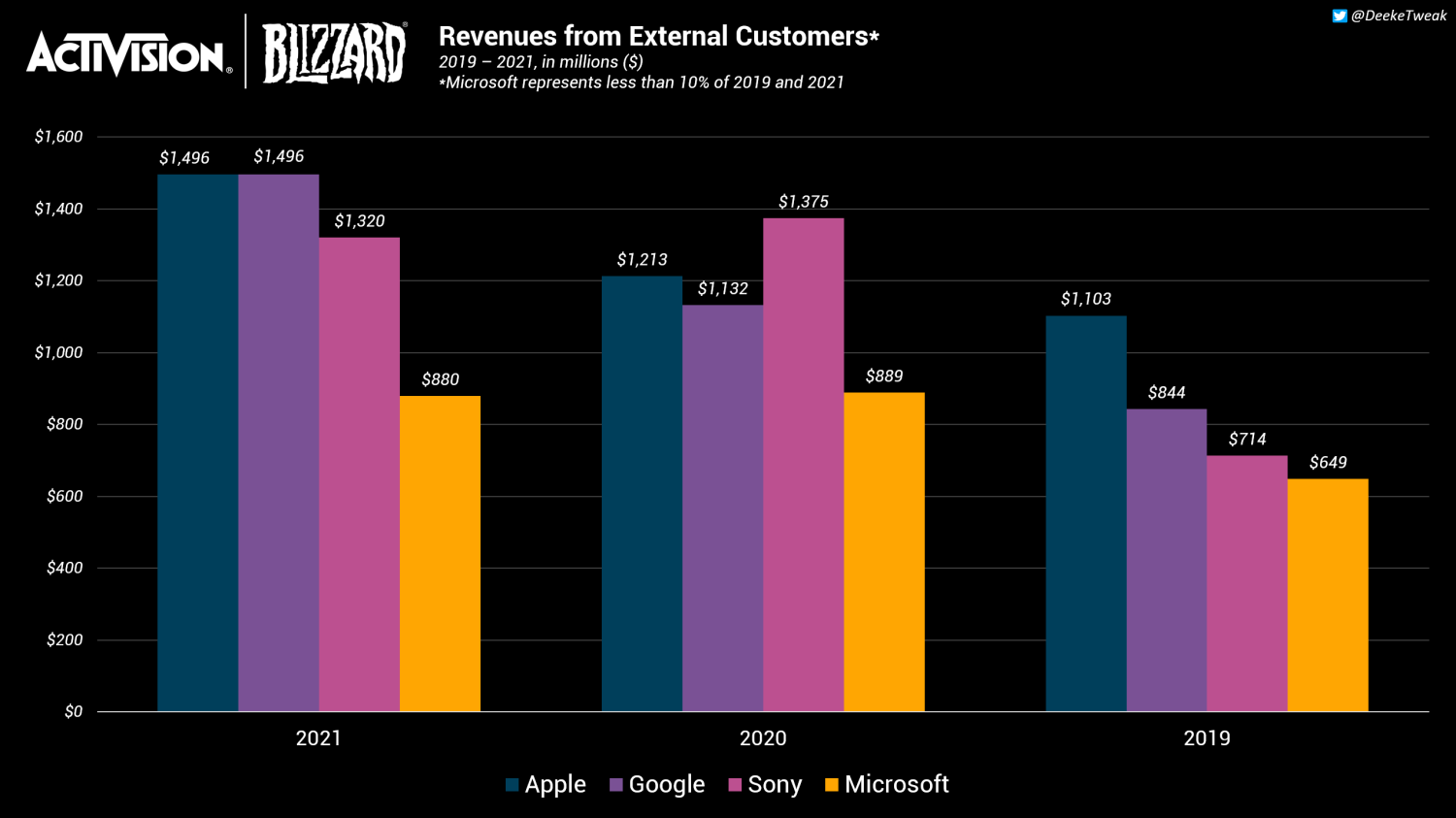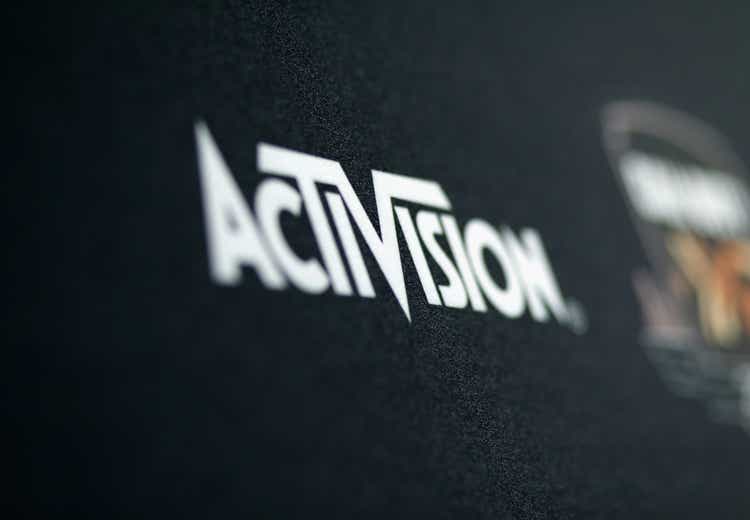Based on the limited data we have you can calculate how much content acquisition is costing them.
I don't know why some people want to be delusional about this, they have admitted themselves that it isn't profitable and isn't positioned to be as such for now:
Microsoft's Aaron Greenberg has stated that Xbox Game Pass isn't currently profitable, but the company is in it for the long game.

www.thegamer.com
People are quick to ignore downplay that point while at the same time they are more than happy to do the latter part of what Greenberg states there. It's conveniently selective.
This isn't some isolated phenomenon either. Across TV and music it's the same story with these types of subscription services from a business perspective. They are all eating losses with a view to one day having enough subscribers to break even and then become profitable. The problem is that in a lot of these cases the number of subscribers required is very much pie in the sky and therefore when subscriber growth slows alternate strategies need to be looked at along with price increases for all existing subscribers (as we've seen with Netflix).
As it stands it's all starting to come to a head in the TV/movie industry, a lot of less well financed companies who have gone down the subscription route are not very well positioned to be able to survive the current resession and debt crisis that's taking hold of the global economy:
What Microsoft are doing is putting Sony and Nintendo (along with some of the larger 3rd party industry players) in a position where they have no choice but to follow them down this path of "overdelivering on value" which essentially means subsidising your user base via an all you can eat subscription service. Phase one is pretty much done - customers now
expect this kind of subscription service to be available.
The next step is to see who can go the distance a survive this kind of loss leader strategy in the long run - content acquisition is costly, regardless of whether you're doing deals or whether you're outright acquiring companies who can make content for your subscription service. There is also the additional impact of the perceived value in purchasing games being reduced which increases the leverage you have when seeking to acquire content for your subscription (we've seen this play out to its full extent in the music industry). Overall it won't end well for those who don't have highly profitable areas of business elsewhere.
For Microsoft this is not a problem for obvious reasons but there will be a significant impact on the industry overall as a result and that's why large acquisitions like Activision get investigated by regulators.
Just re-quoting so others can see this strong post that speaks truth to the model these subscription services are built off of. We already have enough proof of it, too, just look at the mass cancellations and downsizing with Warner Bros. following the Discovery merger. Netflix might be profitable now (I think), but that was after almost a decade of losses and having a debt-based model for funding. Several Disney+ shows have had obvious cuts in budget (namely She-Hulk as a recent example) due at least somewhat to lack of profits off the subscription base to keep funding high CG production quality for the amount of shows they keep pushing out.
The only way smaller companies can compete in an industry where the dam holding off rampant mass acquisitions/consolidation busts (which, depending on if or how this MS-ABK acquisition gets approved, could be the thing that breaks the proverbial dam and opens the floodgates) is by making rampant acquisitions and mergers themselves, putting themselves into debt along the way and the ones with shallower pockets having to fold so only the biggest cash-supplied players remain (because they are also able to borrow bigger loans, if they even need to do this).
The wildest part is: there is very little organic demand for a subscription-based future from the majority of gamers. Even on devices where you'd think something like cloud gaming or subscription gaming would absolutely dominate, the former is still niche and the latter is only a thing depending on very specific games or services like Apple+. The dominant model on that platform by far is the F2P & MTX combo....which many console games have already been doing for years. This push for a subscription & cloud streaming future is vastly dominated by the corporations themselves, such as Microsoft, who want to lock in even more vertical control of the content provided to users in their ecosystem and doing so at what they feel would ultimately be the cheapest way possible with the largest profit margins, IF the traditional model currently in place were to fall through.
Problem (in their eyes), is that it hasn't and there are so many roadblocks to keep it from doing so for years if not decades IMO. Sony, Nintendo, Steam...none of these companies are prioritizing cloud streaming or a subscription-based future, because there is very little demand for it by actual customers and that's reflected when looking at the percentage of the annual console gaming revenue market subscription services in general account for, which is like 4% at best. 4%, despite having XB Live since 2004, PS+ since 2013, PS Now since 2015, and GamePass and NSO since 2017. Don't forget other entrants like Stadia, which is defunct, and Luna which is seemingly on life support.
Until there is organic demand from a growing majority of customers for a subscription-based and/or cloud gaming-based future, those things will always only remain nice-to-haves to add value to an ecosystem, but never a replacement for the traditional model. This doesn't gel well with Microsoft I feel because despite them saying for now they are okay with GamePass & xCloud being complementary to their current ecosystem, they obviously want to shift the model from where it is to where GamePass & xCloud are
THE foundation of their gaming model going forward, but they're seemingly in need to wait for way longer than I think they realize. The actual demand just isn't really there.
So I think that's why they are pushing ahead with these acquisitions (well, one of a few reasons): to create a perception of value with their product and subscription services and condition expectations among customers going forward, making them more receptive to sub services due to the perceived value they bring relative to buying games at $60 a pop. And as we're seeing, that is having an adverse effect on competitors who are NOT doing this, but it's being pushed by particular fanboys/fangirls and journalists who can't see the forest from the trees. That's probably what they are hoping creates a growing pressure to get Sony (and to a lesser extent, Nintendo) to "buy in" to the idea of competing on their terms, buying publishers wholesales, pivoting their business models towards subscriptions, cloud gaming, or anything that can potentially lessen the perception or impact of the traditional console model like supporting PC more fervently (something Sony has been pushing into in ways I don't 100% agree with, but it is what it is).
I think that's how Microsoft is looking at it and maybe if/when this ABK acquisition is improved, they're HOPING some of the other mega corps like Apple, Amazon, etc. and groups like Sazzy and Embracer, have the confidence to go buying out other big 3P publishers and that will force Sony (and Nintendo) to try buying some to stay competitive in that aspect. But if that comes at high costs for such smaller (financially) companies, eventually they have to fold their hand, and only the biggest companies like Microsoft and Apple would be around to pick up the pieces, amassing even more content to drive even more perception of value, and getting more customers, more revenue, more profit.
But it would be the combination of that alongside other competitors folding (thus reducing options for customers, automatically making companies like Microsoft look more appealing by default) that finally gets something like GamePass, and initiatives like cloud gaming (if the other two platform holders who benefit much more from the traditional console market end up falling off, that gives a company like Microsoft, who want to push cloud gaming hard anyway and move from making/selling hardware that brings them no profit on its own, a reason to phase out making local consoles aside from maybe streaming boxes) serious room to not only grow, but thrive.
....yet at what price?





